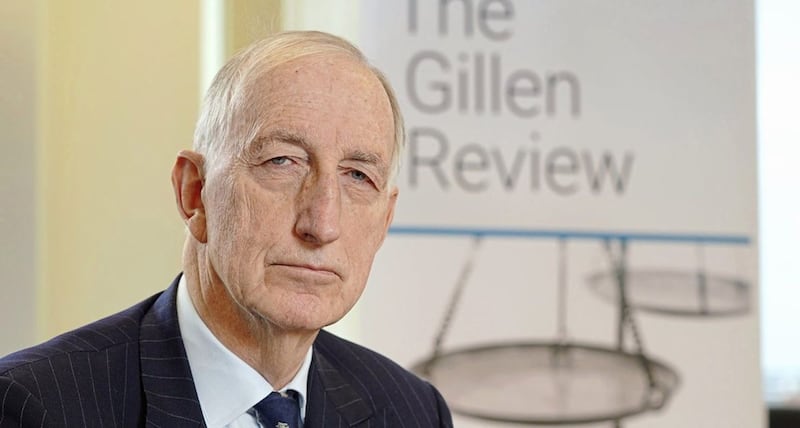This is not a political story. Obviously, the resignation of Jeffrey Donaldson will have political implications, particularly for the DUP. Obviously, people are thinking about whether he will resign as an MP, what that means for an election or by-election in Lagan Valley. But that’s an adjacent story.
Ahead of court proceedings, the PSNI have had to release a number of statements designed to quell speculation and to dispel conspiracies. The skirting of illegality seen in some of the speculation that, by now, we have all seen, has real implications. Not only is it traumatising for the complainants at the heart of this case, who are granted lifelong anonymity, it could result in the prosecution of the people sharing it or – worse – the collapse of the legal case.
Conspiracies, meanwhile, have been repeated across the internet by sections of Donaldson’s opposition in a bid to undermine the deal that saw the restoration of the Assembly, and the police have had to intervene to share the timeline. And that’s before we get to the memes, the jokes, the vague whiff of sectarianism about some of the commentary.
This illustrates how far we’ve got from the essence of the story, and to some degree how social media and the elevation of destructive voices has damaged social discourse.
What is this story really about? It’s about people who have made a complaint to the police and the legal case that will follow. We all have responsibilities to those at the centre of the case to be careful in our words and our deeds so as not to impinge on the legal process and to give them the best chance of seeing justice, but also not to harm the people who have come forward to make a complaint of one of the worst things that can happen to a person.
- Attorney General issues warning over publication of information following charging of Jeffrey DonaldsonOpens in new window
- Police received complaint that led to Donaldson arrest in early MarchOpens in new window
- Public excluded from serious sexual offences trials in N Ireland under new lawsOpens in new window
It’s also a story about how, when these cases happen, there is a wait, a very long wait. The average delay between reporting a sexual offence and the opening of a court case is currently 742 days. Conviction rates are low, and many complainants withdraw. Judge Gillen, who conducted a comprehensive review into the the laws and procedures around sexual offences, published in 2019, recommended measures for tackling delays and low conviction rates. Since then the delays have worsened. Conviction rates are as dismal as ever. Many of Gillen’s key recommendations – nearly half – remain unimplemented.

It’s a story about how, if complainants reach out for support or counselling, they face another wait. The number of counselling sessions offered for free has recently been reduced. People cannot turn up to a Rape Crisis Centre if they are in crisis; we don’t have one as such. We have a part-time phone line, staffed by volunteers, that does offer counselling. It’s an improvement on 2019, certainly, but it’s not what people in London or Dublin have at their disposal. The historical underinvestment that these services and the broader women’s sector has faced has been compounded by cuts in the last few years. These services, which save lives, are being stripped to the bone.
The UN Special Rapporteur on Violence Against Women and Girls (VAWG), Reem Alsalem, visited the UK earlier this year, including a visit to Belfast. Her press release afterwards, in advance of a full report, was strongly worded. Speaking about the lack of investment in VAWG services, she described “struggling to survive in an increasingly challenging context of rising living costs, a deepening housing crisis and a critical lack of funding. The situation of NGOs working on gender equality and violence against women and girls has reached a crisis point and is simply untenable”.
If politicians are looking for takeaways from this story, they don’t have to reach very far. The need to improve legal processes, reduce delays, and invest in VAWG service providers.
The public conversation about this subject would be much improved by a refocus on the people at its heart.

